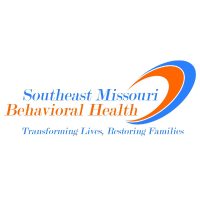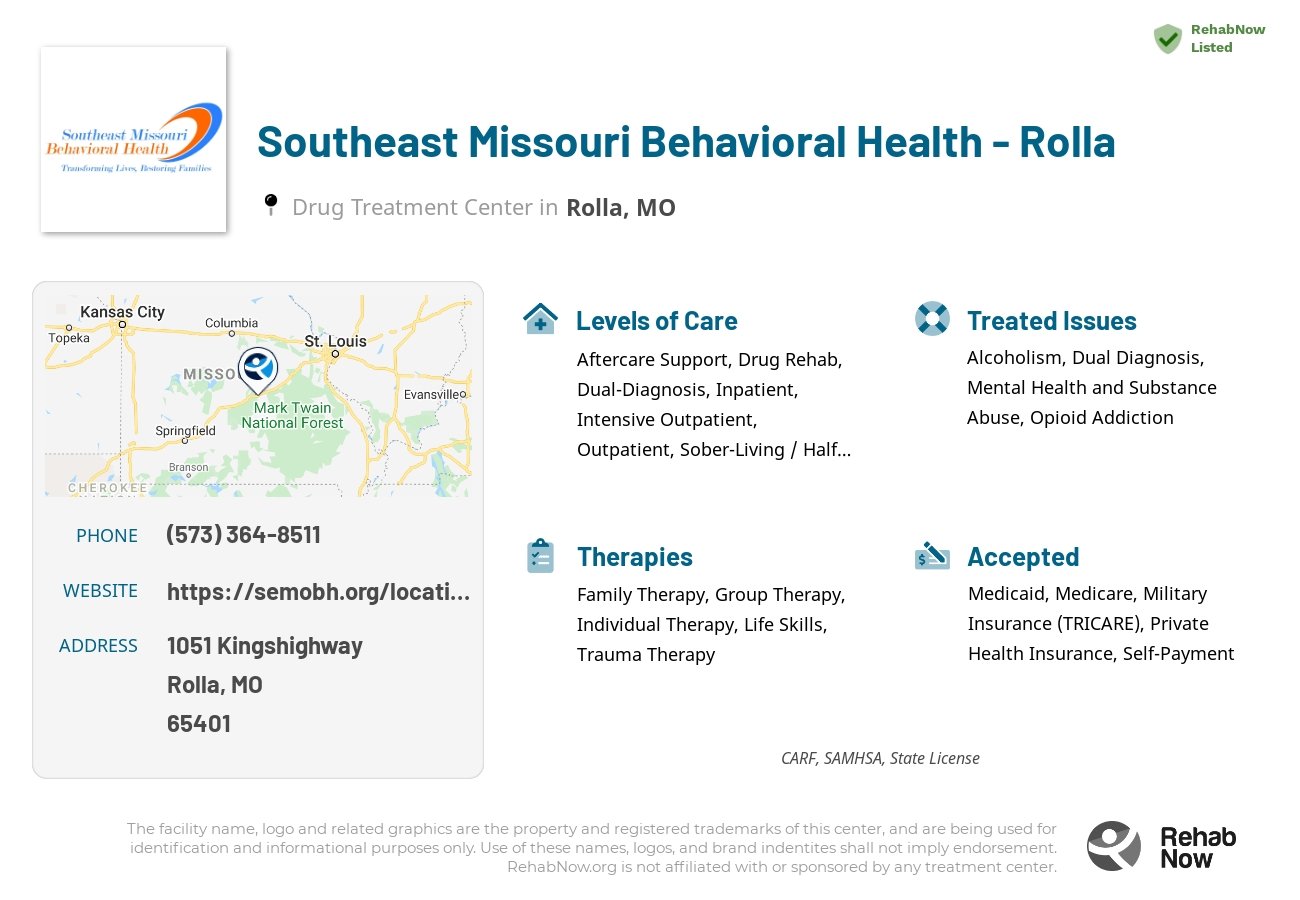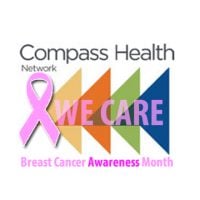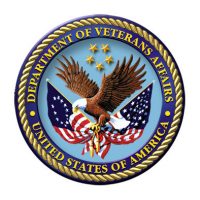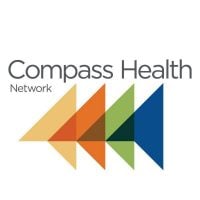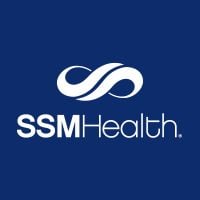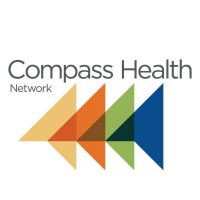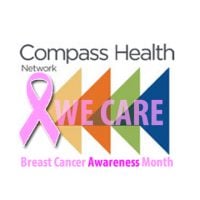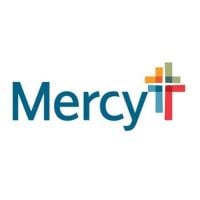Southeast Missouri Behavioral Health - Rolla
Drug Rehab Center in Rolla, Missouri
Southeast Missouri Behavioral Health - Rolla is a mental health and addiction treatment facility that provides comprehensive and individualized treatment services, evidence-based therapies, specialized substance abuse treatment programming, and is accredited and certified by numerous organizations.
About Southeast Missouri Behavioral Health - Rolla in Missouri
Southeast Missouri Behavioral Health - Rolla, located in Rolla, Missouri, focuses on outpatient treatment for individuals battling mental health diagnoses and/or substance addiction. This facility stands out for its commitment to providing personalized care aimed at improving the health and well-being of its patients, offering a compassionate and friendly environment for recovery.
- Personalized Treatment Plans: Each patient receives a tailored treatment plan, including individual, couples, family, and group sessions, to address specific needs.
- Wide Range of Services: Beyond substance addiction, they offer counseling for stress, grief, behavioral issues, and more, encouraging family participation.
- Affordable Care Options: Initial assessments are priced at $150, with doctor appointments at $75 and group therapy at $12 per hour, making treatment accessible.
Southeast Missouri Behavioral Health - Rolla is accredited by the Commission on Accreditation of Rehabilitation Facilities (CARF), SAMHSA, and holds a valid state license, ensuring high-quality care. They accept various private health insurances, making their comprehensive services more accessible to those in need.
The facility specializes in treating alcoholism, opioid addiction, drug addiction, and dual diagnosis, among other substance abuse and mental health issues. Their approach combines evidence-based therapies like cognitive-behavioral therapy and motivational interviewing with holistic healing modalities, offering a supportive environment for sustainable recovery.
Genders
Ages
Modality
Additional
Accreditations
State License
SAMHSA

CARF
The Commission on Accreditation of Rehabilitation Facilities (CARF) is a non-profit organization that specifically accredits rehab organizations. Founded in 1966, CARF's, mission is to help service providers like rehab facilities maintain high standards of care.
Conditions and Issues Treated
Opioid addiction has become a significant health problem in the United States. When a person’s life becomes unmanageable because of an opioid addiction, treatment can help them get sober. Treatment includes medical care and counseling.
“With so many people struggling with opioid addiction, we need more care and attention for those who want to quit. Opioid addicts often take opioids when they experience a painful injury – that’s how the cycle starts! When someone begins taking their medication differently than prescribed or takes an excessive amount of drugs, it means they’re hooked on drugs and in danger of overdosing.
The most successful way to beat this is through detoxing from these types treatments at Southeast Missouri Behavioral Health - Rolla in . Most facilities start by using medical support during the process while providing counseling services; rehabilitation comes later on after treatment has been completed successfully.
A “dual diagnosis” is when the individual has two medical issues at the same time. The top co-occurring mental disorders with addiction are depression, anxiety, ADHD, bi-polar disorder. Addiction is also considered a mental illness that is not a choice but rather a medical condition. Addiction can be caused by any number of underlying issues.
Dual diagnosis is provided by Southeast Missouri Behavioral Health - Rolla to treat addictive tendencies as well as any untreated mental illnesses. This ensures successful long term health and recovery for patients after treatment has been completed.
Dual diagnosis is provided by Southeast Missouri Behavioral Health - Rolla to treat addictive tendencies as well as any untreated mental illnesses for people in Missouri. This ensures successful long term health and recovery for patients after treatment has been completed.Levels of Care Offered
This center offers a variety of custom treatment tailored to individual recovery. Currently available are Aftercare Support, Drug Rehab, Dual-Diagnosis, Inpatient, Intensive Outpatient, Outpatient, Residential, Sober-Living / Half-Way, with additional therapies available as listed below.
Going to an inpatient rehab facility means living there while all aspects of addiction or co-occurring disorder get addressed. The treatment involves medical supervision, therapy, and future planning.
This type of rehabilitation provides a drug-free environment for people who struggle with chronic/long-term addiction without having access to drugs outside the center (or their own home). It takes away any distractions because they live there 24 hours per day. If someone is trying to break out old habits, which could lead them back into substance abuse, things like jobs or school can be put on hold until after they complete their stay to focus solely on recovery.
Outpatient addiction treatment is beneficial for people who are able to function well in their day-to-day lives. It is recommended for people who are not yet ready to end their relationships with friends or family members who might be encouraging drug and alcohol use.
Intensive outpatient treatment is beneficial for:
- People who are able to attend treatment more than 3 times per week.
- People who do not meet the criteria for inpatient treatment.
- People who are able to contribute to their own recovery outside of the treatment center.
- People who are motivated towards recovery.
- People who are able to overcome addiction on their own without the need for higher levels of care.
Outpatient programs at Southeast Missouri Behavioral Health - Rolla, the Rolla resident can live with their family while continuing with their job or studies. Treatment includes educating the patient on drug abuse, medications, and counseling sessions at the individual or group level. Outpatient treatment plans cover diagnosis, detoxification, management, and counseling. They are a popular option for those who have graduated from inpatient facilities.
Sober living homes (abbreviated SLHs or sometimes sober houses ) are temporary housing for recovering addicts, most often those in early or mid stage recovery, who typically live in the home for 3 to 6 months.
The typical SLH functions as a halfway house, providing a stable living environment for addicts in recovery.
While at an SLH, residents typically meet with various therapists on site and attend regular 12-step meetings as well as other recovery group meetings.
Residential treatment programs are those that offer housing and meals in addition to substance abuse treatment. Rehab facilities that offer residential treatment allow patients to focus solely on recovery, in an environment totally separate from their lives. Some rehab centers specialize in short-term residential treatment (a few days to a week or two), while others solely provide treatment on a long-term basis (several weeks to months). Some offer both, and tailor treatment to the patient’s individual requirements.
Without aftercare support, addicts can easily relapse back into addiction. It is crucial to integrate the addict back into society. Aftercare support should take place after outpatient treatment has ended.
There are a few different types of aftercare support that patients can seek after completing an inpatient treatment program:
- 12 Step Self-help groups (AA, NA)
- Therapeutic communities,
- Long-term, structured sober living arrangements
- Halfway houses (residential treatment centers)
Many different support groups exist for addicts to seek help after treatment. Some are more effective than others, depending on the person’s addiction, background, and other factors.
Therapies & Programs
Individual therapy is a form of counseling where you meet with a trained professional one-on-one. Meeting with a therapist in this setting allows for a personal and trusting relationship to be built. This allows the patient to open up about sensitive or private issues they may not feel comfortable discussing in a group. Individual therapy helps identify the root causes of your addiction, which can help prevent relapse.
Family therapy is often done alongside drug treatment to help addicts stay sober. The goal of family therapy for drug addiction is to create an environment where communication can happen without judgment, hostility, or blame. The therapist will sit with the family so they can learn how to communicate differently and provide new tools for dealing with emotions so that people don’t want to drink or do drugs. It’s important for families to focus on relapse prevention plans during treatment so that if the addict feels like they want to use again, they’ll know what steps they need to take together to prevent it from happening again in the future.
Group therapy sessions are another common addiction recovery service. These group sessions typically involve six to 12 addicts who meet regularly with a trained professional for support and guidance.
During these sessions, the group shares their experiences with one another and provides feedback that can help each member avoid relapse or overcome specific obstacles they are facing in their recovery process. With this type of support and guidance, addicts can feel like they are part of a community that understands their struggles and will help them get through the hard times.
Many people struggling with drug addiction have experienced some form of trauma in their lives. It is crucial that these individuals seek out professional help; otherwise, their drug abuse and addiction will likely continue.
Therapists and counselors at drug treatment centers employ several treatment programs to help people struggling with drug addiction, including trauma therapy. Trauma therapy helps people dealing with addiction by allowing them to confront the traumas of their past and move past them.
It is important to note that trauma therapy should not be confused with PTSD (post-traumatic stress disorder). Rather, it is used to treat the effects of trauma, which are often at the root of addiction.
It’s not as simple as quitting drinking or using drugs and expecting the hard part to be over. Many addicts in recovery have discovered that they need to improve skills such as time management, organization, communication, socialization, and self-esteem. Learning certain life skills can help those who are struggling with addiction.
Payment Options Accepted
For specific insurance or payment methods please contact us.
Is your insurance accepted?
Ask an expert, call (888) 674-0062
Southeast Missouri Behavioral Health Associated Centers
Discover treatment facilities under the same provider.
- Southeast Missouri Behavioral Health - South Main Street in Poplar Bluff, MO
- Southeast Missouri Behavioral Health Salem Center in Salem, MO
- Southeast Missouri Behavioral Health - Aquinas Center in Farmington, MO
- Southeast Missouri Behavioral Health - Dexter in Dexter, MO
- Southeast Missouri Behavioral Health - Vine St in Poplar Bluff, MO
Learn More About Southeast Missouri Behavioral Health Centers
Additional Details
Specifics, location, and helpful extra information.
Rolla, Missouri 65401 Phone Number(573) 364-8511 Meta DetailsUpdated April 15, 2024
Staff Verified
Southeast Missouri Behavioral Health - Rolla Patient Reviews
There are no reviews yet. Be the first one to write one.
Rolla, Missouri Addiction Information
Opioid-related overdoses in Missouri have been increasing steadily for the past three decades. In 2018, more than 1,130 people in Missouri died from opioid abuse. Methamphetamines and marijuana abuse have surpassed opioid abuse in Missouri. Missouri is the number 1 methamphetamine manufacturer in the country with more than 27 meth labs per 100,000 people.
Treatment in Nearby Cities
- Lexington, MO (142.1 mi.)
- Doniphan, MO (105.7 mi.)
- Smithville, MO (181.0 mi.)
- Saint Charles, MO (91.0 mi.)
- Perryville, MO (106.2 mi.)
Centers near Southeast Missouri Behavioral Health - Rolla
The facility name, logo and brand are the property and registered trademarks of Southeast Missouri Behavioral Health - Rolla, and are being used for identification and informational purposes only. Use of these names, logos and brands shall not imply endorsement. RehabNow.org is not affiliated with or sponsored by Southeast Missouri Behavioral Health - Rolla.
